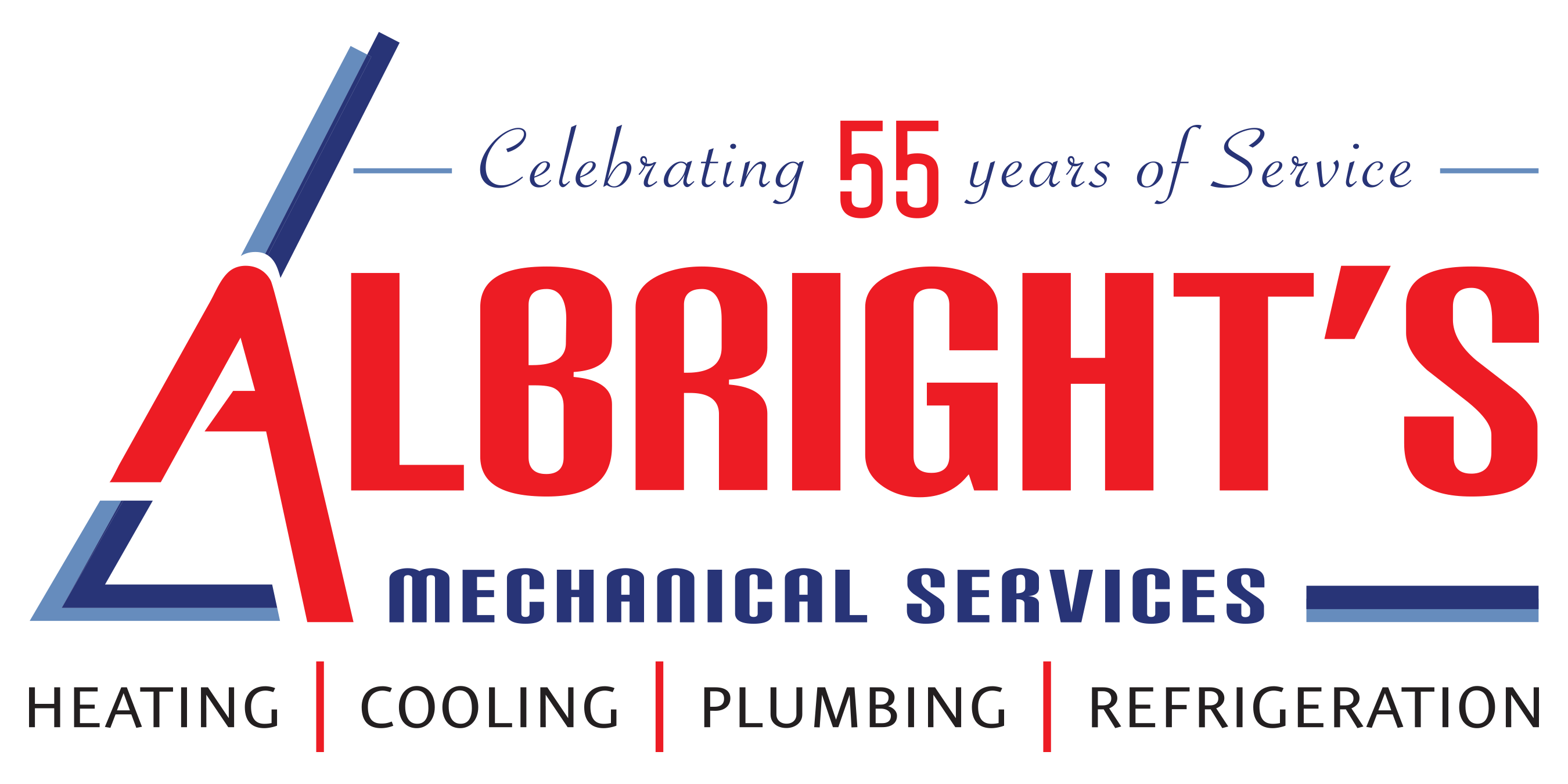Have you ever heard a loud whistling sound coming from your shower? Chances are that noise is coming from air trapped in the pipes. The good news is this issue isn’t as complicated as it sounds and can be fixed with simple steps.
We will discuss why showers whistle, what you can do to fix it, and when it’s time to call a plumber for help.
What Causes a Shower to Whistle?
A whistling sound from your shower usually means air is trapped in your plumbing system's pipes. This happens when the water pressure in the pipes drops significantly due to changes in temperature or long periods of disuse. The air in the pipes creates an imbalance that causes the internal water flow to become turbulent, leading to the whistling noise you hear.
How to Fix a Whistling Shower Head
Fortunately, this is an issue you should be able to tackle yourself until an experienced plumber can assist. Here are some steps you can take:
1. Check Faucets
First, check all faucets throughout your home for any leaks or drips. Even if the leak appears minor, it could still be causing pressure changes throughout the plumbing system and creating turbulence that leads to whistling. Ensure all connections are tight and secure so no water escapes through cracks or crevices.
2. Run Cold Water
If there are no leaks around your faucets or fixtures, try running hot and cold water simultaneously through both taps of your shower head until the whistling noise stops (this could take up to 10 minutes). This should force out any air bubbles stuck in the pipes, restoring balance within your plumbing system and eliminating those annoying whistles.
3. Turn Off All Faucets
If these methods fail, try turning off all other faucets in your house while running hot or cold water at full pressure through your shower head only. Doing this increases the pressure enough to push out any remaining air bubbles caught in the pipes that weren't forced out with previous attempts.
4. Clean the Shower Head
Remove the shower head and soak it in a solution of equal parts water and vinegar for several hours. This can help dissolve mineral deposits. After soaking, use an old toothbrush or a small brush to clean the nozzles.
5. Check for Debris
Inspect the nozzles for any remaining debris or mineral buildup. You can use a small pin or needle to gently poke through the holes to remove any clogs.
6. Check Water Pressure
Sometimes, high water pressure can cause a shower head to whistle. You may want to consider installing a pressure regulator if your water pressure is consistently too high.
7. Replace Washers or Seals
If there are worn-out washers or seals in the shower head, it may cause whistling. You can usually find replacement parts at a hardware store.
8. Adjust Flow Rate
Some shower heads have adjustable flow rates. Experiment with different settings to see if it reduces or eliminates the whistling sound.
9. Consider a New Shower Head
If the whistling continues even after trying the above steps, it might be time to consider replacing the shower head. Look for one with a design that minimizes the likelihood of whistling.
When To Call a Plumber For Help with a Whistling Shower
If none of these solutions work after several attempts over time, then it’s time to call Albright's Mechanical Services for good assistance with fixing this problem!
Air bubbles trapped inside plumbing systems can sometimes cause more than annoying noises. They can cause serious damage if left unaddressed for too long, so reach out to our team at (410) 834-0148 for help if needed—it’s always better to be safe than sorry.


.2303030816550.jpg)